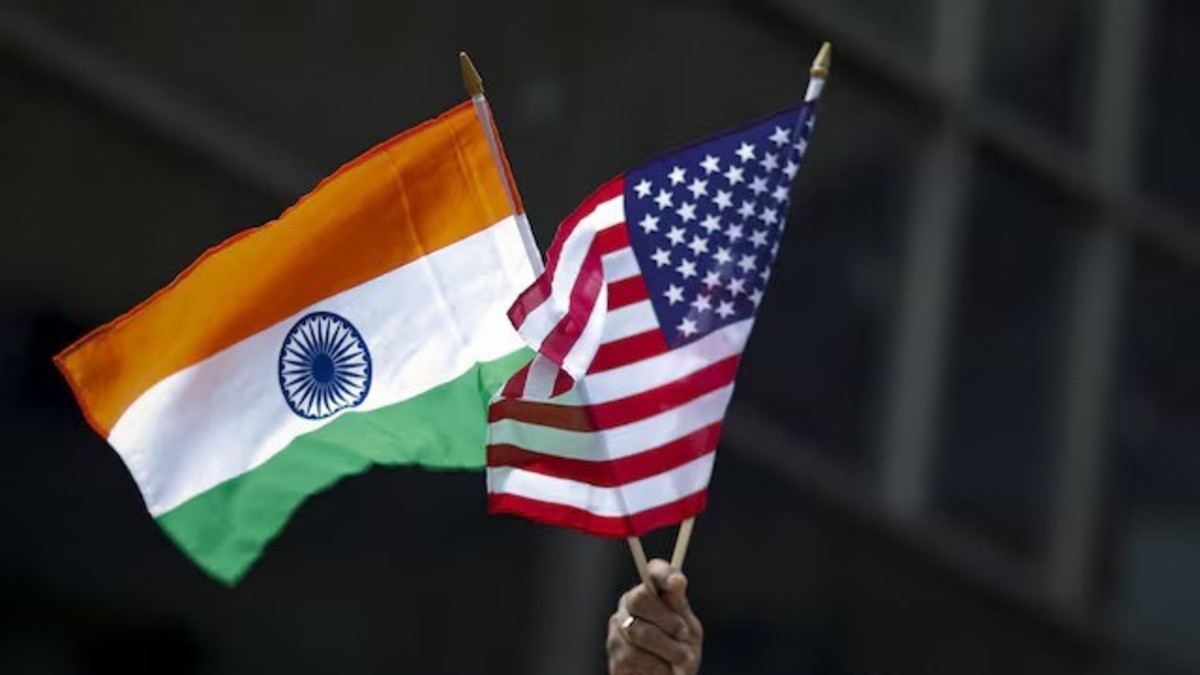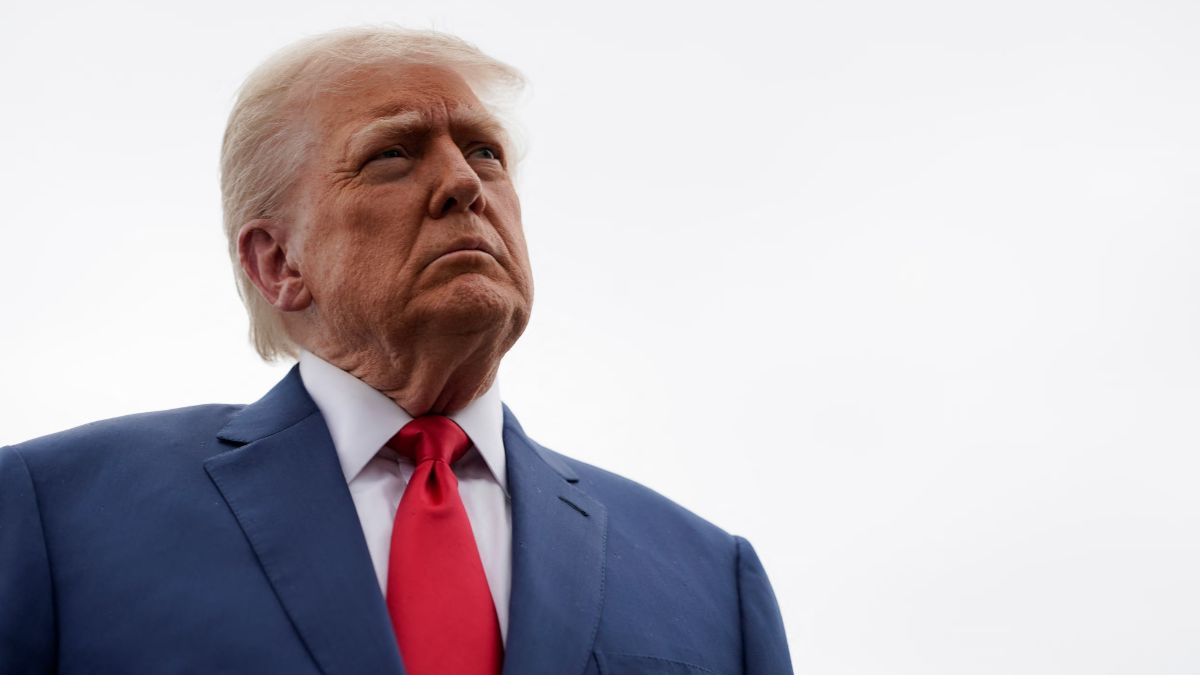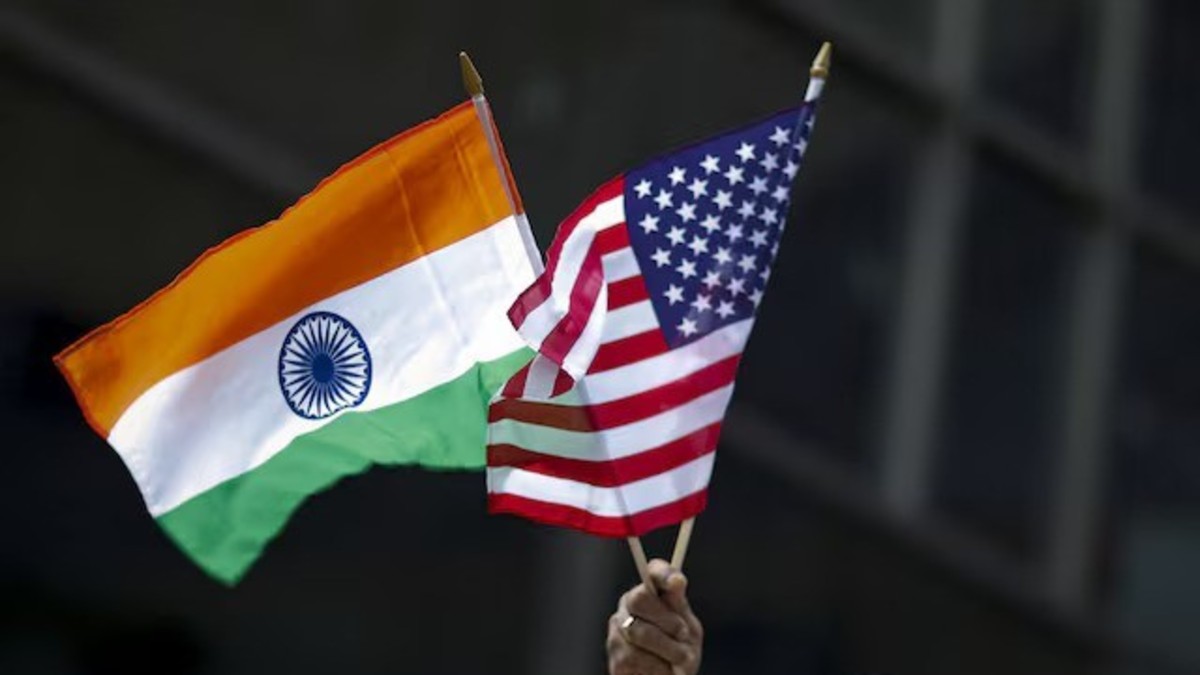The United States on Thursday (July 17, 2025), officially designated The Resistance Front (TRF) as a Foreign Terrorist Organisation (FTO) and a Specially Designated Global Terrorist (SDGT).
The development, announced by US Secretary of State Marco Rubio, comes less than three months after the horrific April 22 Pahalgam terror attack in Jammu and Kashmir that left 26 civilians dead.
TRF, a known proxy of the proscribed Pakistan-based outfit Lashkar-e-Taiba (LeT), had claimed responsibility for the massacre.
The US action not only marks a breakthrough for New Delhi’s global advocacy on counterterrorism, but also puts the spotlight on the Pakistan-backed ecosystem of violence that India has repeatedly called out at international platforms.
TRF officially a terror group in the eyes of the US
TRF took responsibility for the Pahalgam terror attack through two separate statements issued on April 22 and April 23. However, shortly thereafter, the group withdrew its claim, alleging its communication channels had been compromised.
Despite the retraction, Indian officials remained firm that TRF’s involvement was conclusive.
“Obviously that retraction doesn’t convince anybody,” Indian Foreign Secretary Vikram Misri had remarked at the time, reflecting the official Indian stance that the denial was a cover-up orchestrated under pressure from across the border after realising the implications of the group’s admission.
In its official designation, the US State Department pointed out that TRF had taken responsibility for the Pahalgam attack and had also been involved in other attacks on Indian security personnel in recent years.
Rubio stated, “TRF, a Lashkar-e-Tayyiba (LeT) front and proxy, claimed responsibility for the April 22, 2025, Pahalgam attack which killed 26 civilians. This was the deadliest attack on civilians in India since the 2008 Mumbai attacks conducted by LeT.”
The statement added that the designation of TRF as a terrorist group under both US law and international obligations reflected the US administration’s focus on combating terrorism and holding perpetrators of mass violence accountable.
“These actions taken by the Department of State demonstrate the Trump Administration’s commitment to protecting our national security interests, countering terrorism, and enforcing President Trump’s call for justice for the Pahalgam attack,” the statement read.
India’s External Affairs Minister S Jaishankar called the US move a vital step in enhancing bilateral counterterrorism cooperation.
In a social media post, he said, “Appreciate @SecRubio and @StateDept for designating TRF—a Lashkar-e-Tayyiba (LeT) proxy—as a Foreign Terrorist Organization (FTO) and Specially Designated Global Terrorist (SDGT). It claimed responsibility for the April 22 Pahalgam attack. Zero tolerance for Terrorism. #OpSindoor.”
A strong affirmation of India-US counter-terrorism cooperation.
— Dr. S. Jaishankar (@DrSJaishankar) July 18, 2025
Appreciate @SecRubio and @StateDept for designating TRF—a Lashkar-e-Tayyiba (LeT) proxy—as a Foreign Terrorist Organization (FTO) and Specially Designated Global Terrorist (SDGT). It claimed responsibility for the…
The Ministry of External Affairs also issued a statement acknowledging the importance of the designation: “India has consistently emphasised the need for global cooperation in the fight against terrorism and the dismantling of terror infrastructure. The designation of TRF is a timely and important step reflecting the deep cooperation between India and the United States on counter-terrorism.”
The Indian Embassy in Washington welcomed the decision and expressed appreciation for the US State Department’s action.
Another demonstration of strong India-USA counter-terrorism cooperation. Appreciate the Department of State for listing The Resistance Front (TRF) as a designated Foreign Terrorist Organization and Specially Designated Global Terrorist. TRF is a proxy of Lashkar-e-Tayyiba and…
— India in USA (@IndianEmbassyUS) July 17, 2025
It described the move as a reflection of “zero tolerance” towards terrorism and another demonstration of the strong bilateral anti-terrorism partnership.
Why this move was a long time coming
The US action is the outcome of months of sustained diplomatic engagement by India following the Pahalgam attack. Soon after the incident, India retaliated by launching Operation Sindoor on May 7, targeting nine known terror facilities across Pakistan and Pakistan-occupied Kashmir.
The operation led to the elimination of over 100 terrorists, according to Indian security forces. Pakistan responded with drone and missile strikes, leading to a brief escalation that ended after Islamabad requested a ceasefire on May 10.
Following the military response, India deployed a massive diplomatic campaign. Seven delegations comprising Members of Parliament and former diplomats visited 33 major world capitals.
Their mission was threefold: highlight the scale and brutality of the Pahalgam attack, point out the fact that Pakistan continues sheltering terrorist entities, and stress the calibrated and precise nature of India’s counter-terror operation that focused solely on eliminating terror infrastructure.
The outreach also targeted UN Security Council (UNSC) members and potential future members, particularly in light of the setback India suffered at the United Nations in April.
Despite the TRF’s public admission of guilt, Pakistan, an elected UNSC member for 2025–26, with backing from China, succeeded in excluding any reference to the group in the UNSC press statement condemning the Pahalgam attack.
Pakistan has also leveraged its role as Chair of the Taliban Sanctions Committee and Vice-Chair of the UN Counter-Terrorism Committee to stifle Indian attempts to name TRF.
Previously, the Quad grouping — comprising India, the United States, Japan and Australia — had also condemned the Pahalgam attack in a joint statement issued during a foreign ministers’ meeting in the US earlier this month.
It read: “We condemn in the strongest terms the terrorist attack in Pahalgam, Jammu and Kashmir on April 22, 2025, which claimed the lives of 25 Indian nationals and one Nepali citizen, while injuring several others. We call for the perpetrators, organisers, and financiers of this reprehensible act to be brought to justice without any delay.”
The TRF is a relatively recent creation in the history of terrorism in Jammu and Kashmir. It came into existence in 2019, shortly after India revoked Article 370 of the Constitution and removed the special status of the former state of Jammu and Kashmir.
Indian security agencies have consistently pointed to the TRF as a front for LeT and JeM (Jaish-e-Mohammed), created to circumvent global scrutiny and sanctions.
The use of a seemingly new name was intended to mask the involvement of already-banned Pakistani terror outfits.
Investigations conducted by Indian law enforcement, including the National Investigation Agency (NIA), have documented the TRF’s involvement in various types of terrorist activity.
These include targeted killings of civilians, grenade attacks, arms smuggling, recruitment of youth, and provision of logistics and digital support to other active militants in the Kashmir Valley.
The group relies heavily on encrypted communication channels and is deeply ideologically aligned with its parent organisations in Pakistan.
According to Indian officials, TRF’s structure and operations are not autonomous but directed from across the border.
Its communications, choice of targets, and even public statements are believed to be vetted and approved by handlers affiliated with LeT and the Pakistani security establishment.
Why this is a diplomatic win for India
Under US law, the Foreign Terrorist Organisation designation has serious legal and financial consequences.
Enacted under Section 219 of the Immigration and Nationality Act and Executive Order 13224, the designation criminalises any support — financial, material, or logistical — to the organisation.
All TRF assets under US jurisdiction will be frozen, and American individuals or entities found engaging with the group face legal action.
The designation of TRF could also strengthen India’s position ahead of the Financial Action Task Force (FATF) plenary in August, where Islamabad’s role in supporting and financing terrorist networks will likely come under scrutiny again.
Indian officials believe the US move will bolster their call for Pakistan’s re-listing in the FATF grey list.
India has also pushed for the TRF to be declared a terror outfit by the United Nations, a move that has been stymied by geopolitical hurdles, notably the blocking of its designation by Pakistan with support from China.
Also by officially linking TRF to LeT, Washington has complemented India’s longstanding assertion that banned Pakistani outfits continue to operate under new guises and maintain operational continuity with their previous identities.
Also Watch:
The US State department maintains a full list of FTOs under Section 219. In 2025 alone, the US designated multiple violent groups, including Gran Grif, Viv Ansanm, Ansarallah, and the notorious gang Mara Salvatrucha (MS-13).
Several major Latin American cartels such as Carteles Unidos, Cartel del Golfo, La Nueva Familia Michoacana, Cartel del Noreste, Cartel de Jalisco Nueva Generacion (CJNG), and Cartel de Sinaloa have also been added to the list this year.
Previous designations include ISIS affiliates in Mozambique, the Democratic Republic of Congo, Bangladesh, the Philippines, and West Africa, as well as groups like Boko Haram, Haqqani Network, al-Qaida in the Indian Subcontinent (AQIS), and Islamic Revolutionary Guard Corps (IRGC).
The addition of The Resistance Front (TRF), a Lashkar-e-Taiba front to the list, while being a diplomatic win for India, also shows to the world that other countries like the US understand the facts when it comes to countering terrorism across the globe.
With inputs from agencies


)
)
)
)
)
)
)
)
)



